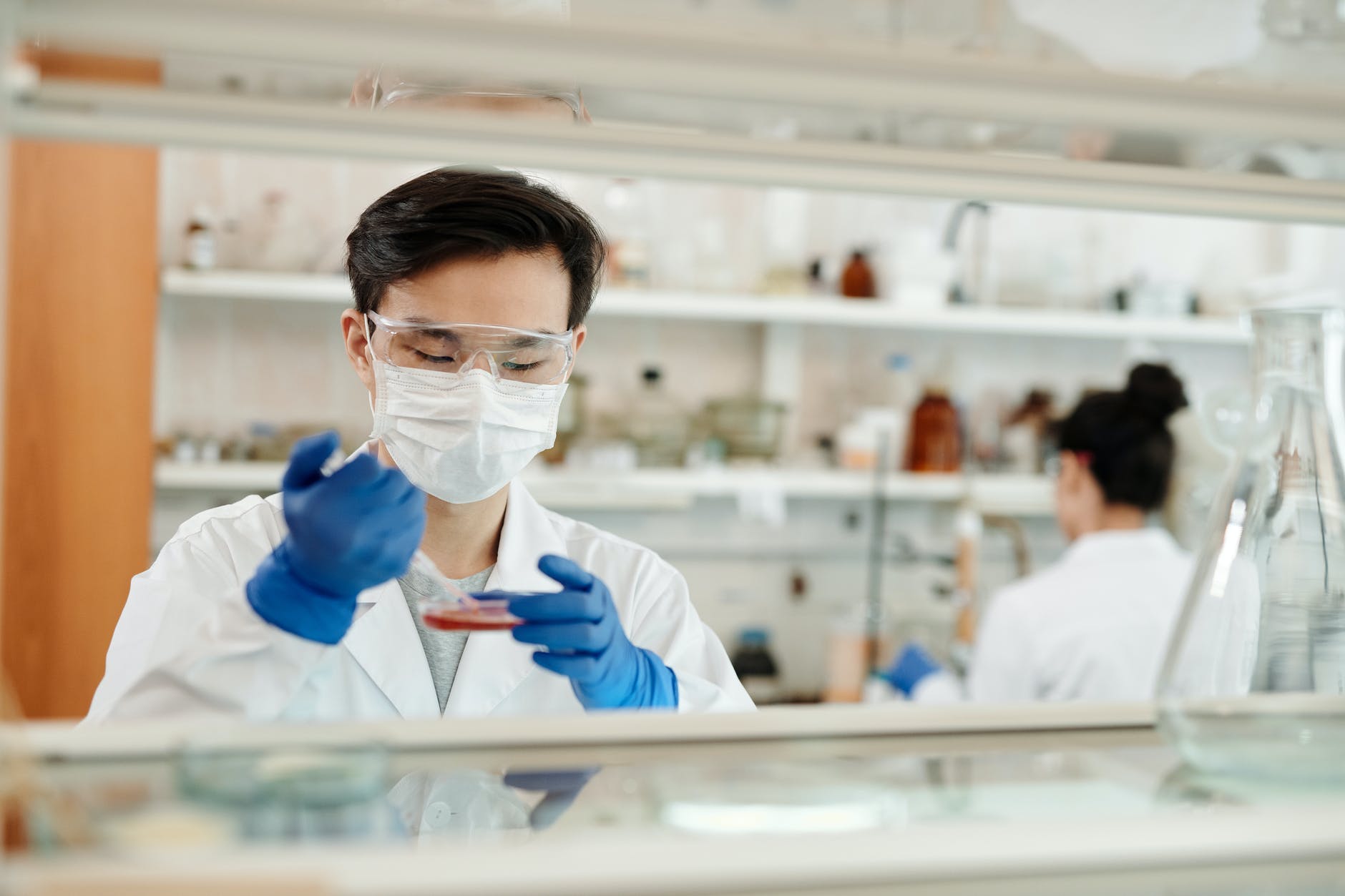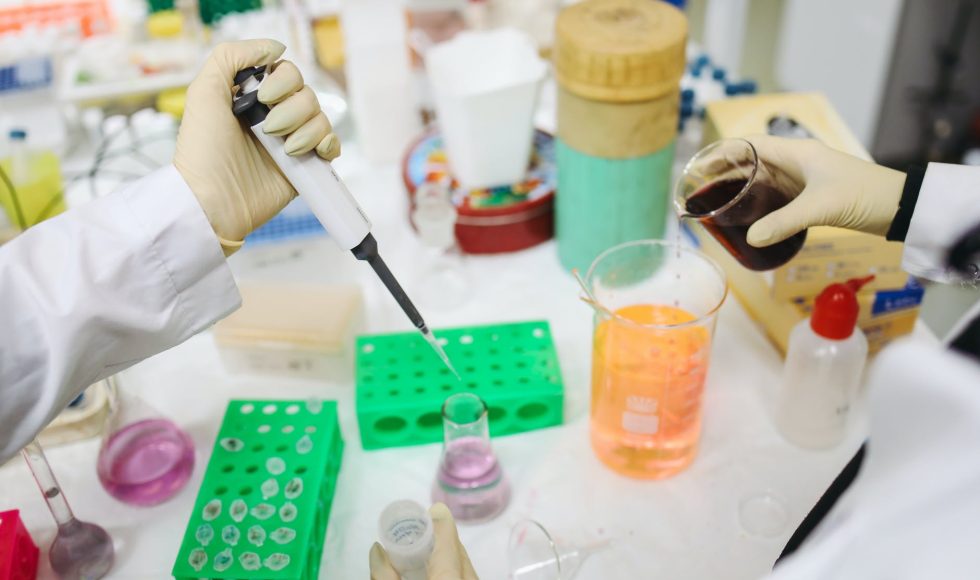Last June, Dr. Erin Dolan and CURENet and ASCB hosted a webinar about how course-based undergraduate research experiences (CURE) were taught during the pandemic. This webinar is available on the ASCB YouTube channel. The panel included:
- Dr. Katelyn Cooper, University of Central Florida
- Dr. Lauren DePue, University of Texas – Austin
- Dr. Enid Gonzalez- Orta, California State University – Sacramento
- Dr. David Rhoads, California State University – San Bernardino
Dr. Cooper teaches a CURE based on science education! This is so neat! This course is offered at the University of Central Florida to twenty upper-division students. The learning objectives include designing questions, analyzing data, and exploring for example what discourages students from participating in class. Cooper explained the structure of the course and how after some background on science education, the class designs a study. Students designed and sent a survey before spring break 2020! They then transitioned to an online remote teaching modality and now had to analyze data online. During synchronous sessions they discussed analyses. Students worked asynchronously in teams to analyze data, including statistical analyses using R. What a cool course!
Dr. Lauren Depue at UT Austin teaches a CURE that is a multi-semester and chemistry-based. Students synthesize compounds and perform experiments. Depue had “virtual hours” for students to ask questions and discuss. Depue, at the time, was planning for the fall 2020 semester.
Dr. Enid Gonzalez-Orta at Sacramento State is part of the Tiny Earth curriculum/project that has students search for antibiotic producing microbes. Gonzalez-Orta uses the Tiny Earth curriculum in an upper-division course. During the spring of 2020, the class finished most of the wet-lab experiments. Upon transition to online courses, they focused on the bioinformatics data. Gonzalez-Orta also used the unique Tiny Earth database to have students recognize they are part of a large project and gain experience analyzing datasets. Instead of doing an oral presentation, they focused on a science communication project that gave students choice and creativity.
Dr. David Rhoads from California State University – San Bernadino teaches a CURE that also includes graduate students. The topic is microbial genomics, and students investigate pathways and clone constructs to test for complementation of enzymatic activity! Rhoads recorded videos and students analyzed previous datasets. Rhoads also had students submit analyses and troubleshoot steps that failed. Students would review content asynchronously and come together synchronously to discuss. Rhoads did oral quizzes!
For the question and answer session, one question was how students could continue doing research during the pandemic. Depue discussed distancing and how to allow students to work in the lab safely. Cooper emphasized how students working online would be a highly valued skill they could use in professional and graduate schools. Gonzalez-Orta also discussed the importance of teaching new skills (online) and how it still is important research. Rhoads talked about the benefit of having students analyzing failed experiments online.
Another question was about what technologies were used to maintain effective communication. Rhoads used small groups for discussions. Cooper used GroupMe. Gonzalez-Orta set up a class GroupMe. Dolan mentioned how they use GoogleDocs to track progress and provide feedback. Cooper gave students opportunities to share non-course information to get to know each other. Cooper also assigned roles for groups including an equity monitor. I have been using role-rotation, and the equity monitor reports back to the class updates and privately to me teamwork dynamics.
Technology access was discussed. Several mentioned that while institutions offered technology lending services, some students were not aware of these options. Also, Gonzalez-Orta talked about purposely substituting software for web-based portals. I did this in the metagenomics course: sadly, I let go of a software package we have access to and was excited by how resilient students were troubleshooting a new web-based genomics platform we used. We are actually presenting about this at the Lilly Online May conference!
Panelists also discussed changing the pace of the course and being more realistic about expectations. Gonzalez-Orta spoke eloquently about being transparent with students and communicating to understand where both instructors and students were coming from! Honesty and transparency were mentioned several times! Rhoads also talked about evaluating the time and material; time was given for analysis. I appreciate this, and don’t see it as a “sacrifice” since students are working on projects. The session ended by reflecting on the impact on students of “different” research experiences. Gonzalez-Orta mentioned asking ourselves what employers look from students and teamwork is a critical skill.



